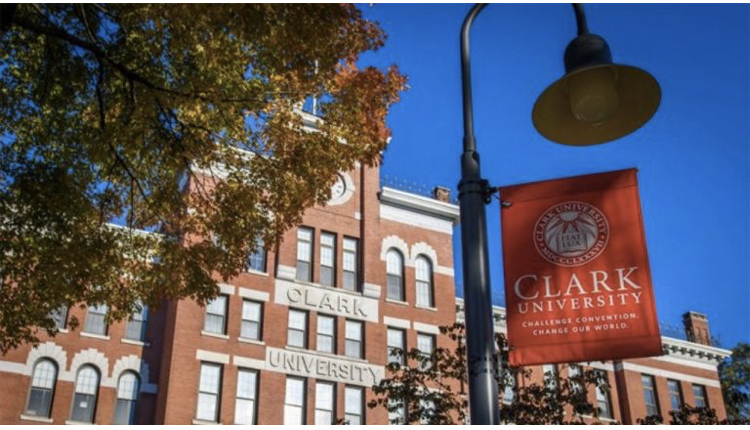Some excellent graduate (Master’s & PhD) programs abroad for Microbiology graduates, spanning various countries, structures, and funding mode
Notable Programs & Institutions
Germany
IMPRS-ML (International Max Planck Research School for Molecules of Life)
A highly competitive, fully funded PhD program based in Munich, run in collaboration with Max Planck Institutes and top universities (LMU & TUM). Research spans biochemistry, immunobiology, systems biology, microbiology and more. About 50% of enrolled PhD students come from outside Germany
.
IMPRS-MCB (International Max Planck Research School for Molecular and Cellular Biology)
Another structured PhD track in Freiburg, covering molecular/cellular biology and attractive for international applicants
.
UK & Western Europe
University of Liverpool, Bangor University, Northumbria University (Newcastle) offer Master’s in Microbiology. Liverpool is within the top ~160 in THE rankings
Hotcourses Abroad
+1
.
Nordic countries (e.g., University of Helsinki, University of Copenhagen) are known for offering full scholarships, low tuition, and affordable living—even for international students. One student shared living costs as low as $350/month for rent and $2 meals
.
Canada & Australia
Universities such as University of Guelph, University of Manitoba in Canada offer MS programs in Microbiology, with moderate fees (~CAD 13–20K/year), and intakes in mid-2025
IDP
.
La Trobe University and University of Adelaide in Australia also offer postgraduate microbiology degrees taught in English
Hotcourses Abroad
.
Singapore
National University of Singapore (NUS) — Newly introduced MSc in Infectious Disease Emergencies, launching July 2025, aimed at infectious disease preparedness, combining flexible online/self-directed learning and brief on-campus residencies
Business Insider
.
Norway
Norwegian University of Life Sciences (NMBU) offers a Master’s in Microbiology (in English). Notably, domestic and EU students pay no tuition, which may indicate lower fees and potentially scholarships for internationals
.
Perspectives & Insights from Peers
Europe tends to offer PhD scholarships and stipends, though they may be modest. Some students find them worthwhile in countries with lower cost of living
.
For those seeking funded PhD roles in infection/microbiology across Europe, exploring DAAD, university websites, and carefully drafting targeted, concise emails to relevant faculty greatly increases response rates
.
Funding expectations differ: U.S. PhDs often include stipends from the start, whereas European systems may require a separate funded master’s and then a PhD—unless it’s a structured school like IMPRS
Summary Table
Country/Region Program Type Highlights
Germany (IMPRS-ML/MCB) PhD (Fully funded) Structured, English-taught programs with stipend and international cohort
UK / Western Europe Master’s University of Liverpool, Bangor, Northumbria – varying tuition levels
Nordics (Finland, Denmark) Master’s Scholarships, low/living costs favorable for intl students
Canada / Australia Master’s Guelph, Manitoba, Adelaide, La Trobe — mid-range tuition
Singapore (NUS) MSc Infectious Diseases Emergencies – hybrid, cross-disciplinary
Norway (NMBU) Master’s English-taught, tuition-free for some students, research-based
Next Steps Tailored to You
Decide your focus:
Are you inclined toward PhD research, public health/emergent disease management, or pure microbiology studies?
Funding priorities:
If guaranteed funding is essential, structured programs like IMPRS-ML/MCB are top choices.
For low-cost but not always funded options, Scandinavia or Norway may offer strong value.
Connect directly with faculty:
Particularly for European PhD roles, a personalized, concise approach to professors—mentioning shared research interests—can open doors
.
Consider hybrid program models:
The NUS MSc in IDE is unique in its structure and global focus—great if you’re interested in infectious disease preparedness and want flexibility.
scholarshipntoday.com







